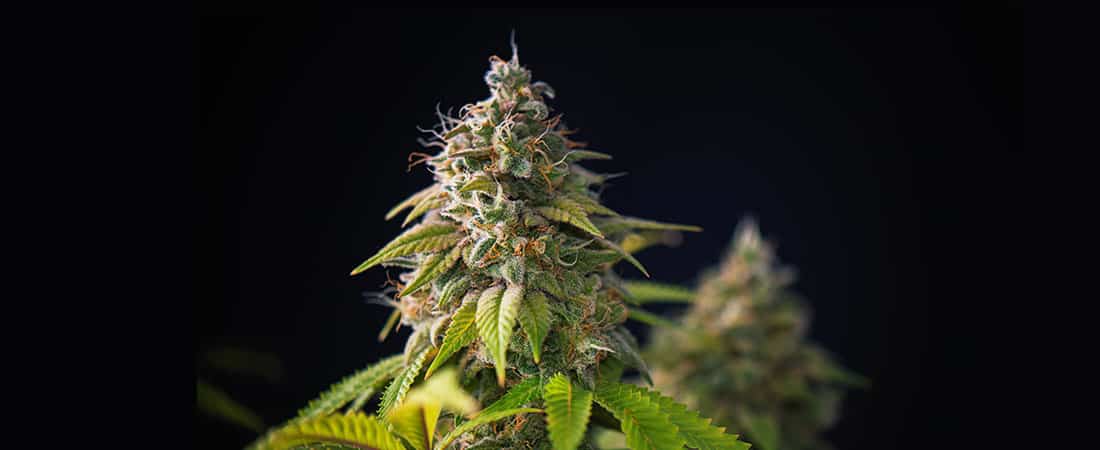In mid-December 2021, Malta became the first EU member state to legalize recreational cannabis consumption at home and for personal use. The parliament of the smallest EU member state approved the new law, allowing citizens to grow and possess limited amounts of marijuana, by a majority vote. Under the new law, citizens (and tourists) aged 18 and over will be allowed to possess up to 7 grams of cannabis as well as cultivate up to 4 cannabis plants. Malta’s Prime Minister Robert Abela supported the new framework, arguing that the legislation tackled the problem of cannabis abuse with a harm reduction approach by regulating the sector so that people wouldn’t have to resort to the black-market anymore. Recreational cannabis use will, however, only be allowed in private settings and possession up to 7 grams. As such, Maltese citizens will still be fined up to 100€ if they are caught in possession of between 7 and 28 grams of cannabis. The fine can increase to 235€ if they are caught consuming cannabis in public and can even amount to 300€ to 500€ if they consume it in front of children. Non-profit organizations will be allowed to produce cannabis plants to sell to at most 500 members, as long as these organizations are not located near schools or youth clubs. The implementation and enforcement of the new cannabis regulation will be overseen by a new public body: The Authority on the Responsible Use of Cannabis. While several EU member states have decriminalized and tolerated the recreational use of cannabis, the new law makes Malta the first EU country to specifically regulate it. Malta had already allowed the production and possession of small amounts of cannabis in 2015.
The new cannabis law in Malta emblematizes a current trend in Europe, as several other EU members are currently taking steps towards creating a clearer regulative framework for recreational cannabis use. Most recently, the new German government consisting of the Social Democrats (SPD), the Greens and the market-friendly Free Democratic Party (FDP) announced that it intended to legalize the controlled sale of cannabis to adults for recreational purposes in licensed shops. The German proposal also envisages a broader drug policy, including regulated and taxed dispensaries, quality controls and effective youth protection laws. In the past, the Christian Democratic Union (CDU) of former Chancellor Merkel had continuously blocked legislation allowing for recreational cannabis use. If Germany legalized Cannabis, it would become the largest nation in the world to do so, thereby undoubtedly influencing the thinking of other countries deliberating softening their cannabis laws. Due to Germany’s market size, the proceedings in Berlin could create a game-changing precedent for the global business of growing and selling marijuana. It is estimated that Cannabis legalization in Germany could yield a net benefit for the state of €4,7 billion per year, including €2,8 billion in tax revenue and €1,36 billion in savings on police and legal costs.
In various other EU countries, proposals for legalizing cannabis for personal use are currently underway. Luxembourg has been toying with cannabis legalization since 2018 when the governing coalition promised to legalize Cannabis. In the meantime, the small Benelux state has only decriminalized recreational marijuana use, arguing that full legalization would be in violation of EU law. That being said, the government of Luxembourg still claims that complete legalization remains its mid- to long-term goal. Meanwhile, Italy is set to vote on cannabis legalization in the near future, as a referendum obtained the necessary number of signatures. Switzerland and the Netherlands are also pondering new drug regulations that would move the countries toward cannabis legalization. Recreational cannabis use is decriminalized and/or tolerated in the following EU countries: the Netherlands (tolerated up to 5g), Czech Republic (up to 10g tolerated), as well as Belgium, Portugal, Spain and Switzerland (decriminalized). Note that Switzerland is not an EU member state but follows EU law in a wide range of matters.
Source:
https://www.forbes.com/sites/ceciliarodriguez/2021/12/27/germany-moves-to-legalize-cannabis-second-country-after-malta-in-europe/
https://www.sueddeutsche.de/politik/luxemburg-cannabis-legalisierung-1.5447851
https://www.rnd.de/politik/cannabis-legalisierung-in-welchen-laendern-ist-gras-legal-wie-viel-gramm-sind-erlaubt-VES2MUVKRRHHJDNSHPXVEJDSQE.html
https://www.euronews.com/2021/12/14/malta-set-to-be-first-eu-country-to-legalise-cannabis-for-personal-use


